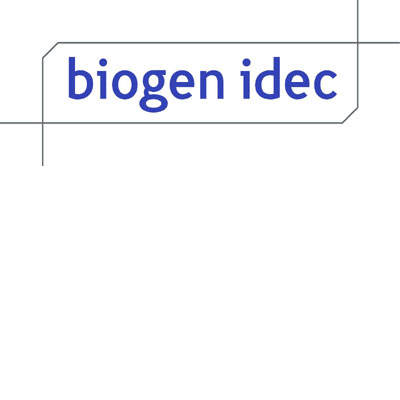CHMP adopts positive opinion for plegridytm (peginterferon beta-1a) as a treatment for multiple sclerosis in the European Union
Posted: 30 May 2014 | | No comments yet
Biogen Idec received a positive recommendation from the Committee for Medicinal Products for Human Use of the European Medicines Agency for the marketing authorisation of PLEGRIDY…


Biogen Idec (NASDAQ: BIIB) today received a positive recommendation from the Committee for Medicinal Products for Human Use (CHMP) of the European Medicines Agency (EMA) for the marketing authorisation of PLEGRIDYTM (peginterferon beta-1a), a pegylated interferon administered subcutaneously for adults with relapsing-remitting multiple sclerosis (RRMS).
The CHMP’s positive opinion is now referred to the European Commission (EC), which grants marketing authorisation for medicines in the EU.
“The CHMP’s positive opinion for peginterferon beta-1a marks an important milestone in bringing a meaningful treatment advance to people with MS in the EU,” said Douglas E. Williams, Ph.D., Biogen Idec’s executive vice president of Research and Development. “We believe peginterferon beta-1a will offer physicians and those living with MS a unique treatment option that combines efficacy, a favorable safety profile consistent with the established interferon class, and a once-every-two-week dosing schedule.”
The CHMP opinion is primarily based on Phase 3 data from ADVANCE1, one of the largest studies conducted with an interferon treatment in MS, which included more than 1,500 MS patients. Data from the first year of ADVANCE demonstrated that peginterferon beta-1a, dosed once every two weeks, significantly reduced annualised relapse rate (ARR) at one year by 36 percent compared to placebo (p=0.0007). Peginterferon beta-1a reduced the risk of 12-week confirmed disability progression, as measured by the Expanded Disability Status Scale (EDSS), by 38 percent (p=0.0383), compared to placebo. Peginterferon beta-1a also significantly reduced the number of new or newly enlarging T2-hyperintense lesions compared to placebo. The ADVANCE two-year data was consistent with the positive efficacy and safety results observed in year one.
“In peginterferon beta-1a, we have a potential treatment that offers a less frequent dosing schedule and a high compliance rate while providing robust clinical and MRI results,” said Professor Dr. Bernd C. Kieseier, Heinrich-Heine Universität, Dusseldorf. “These factors combined with the known safety profile of the interferon class, make it a compelling option for patients with RRMS.”
The safety and tolerability profile of peginterferon beta-1a observed in ADVANCE was consistent with that of established MS interferon therapies. The most commonly reported adverse drug reactions (ADRs) with peginterferon beta-1a treatment (incidence ≥10% and at least 2% more frequent on peginterferon beta-1a than on placebo) were injection site erythema, influenza-like illness, pyrexia, headache, myalgia, chills, injection site pain, asthenia, injection site pruritus, and arthralgia.1
Following the opinion adopted by the CHMP, a decision from the EC is expected within the coming months.
- Calabresi PA et al. Peginterferon Beta-1a Provides Improvements in Clinical and Radiological Disease Activity in Relapsing-Remitting Multiple Sclerosis: Year 1 Findings from the Phase 3 ADVANCE. Poster presented at 29th Congress of the European Committee for Research and Treatment in Multiple Sclerosis, 2013.
Related organisations
Biogen Idec, Committee for Medicinal Products for Human Use (CHMP), European Medicines Agency (EMA)




